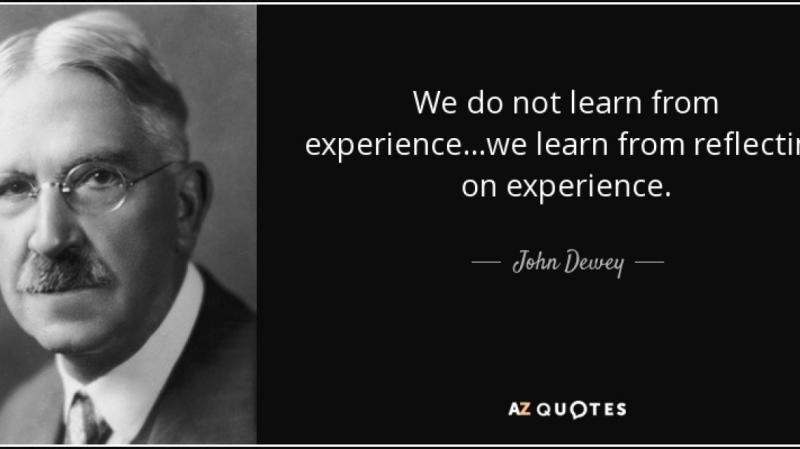What is the purpose of religious education?
Religious education serves multiple purposes depending on the context, society, and the goals of the educational institution or community. Here are some overarching purposes:
Spiritual Development: Religious education often aims to nurture an individual's spiritual growth, helping them explore and understand their faith, beliefs, and values. It can provide a framework for grappling with existential questions and seeking meaning in life.
Cultural Understanding: It helps individuals understand the cultural and historical context of various religions, fostering tolerance, empathy, and respect for diverse beliefs and practices.
Moral and Ethical Guidance: Religious education often imparts moral and ethical teachings, offering guidance on how to live an ethical and principled life based on the values and teachings of a specific faith.
Community and Identity: It can strengthen a sense of belonging to a particular religious community, providing a shared identity and fostering a sense of solidarity among its members.
Critical Thinking and Reflection: Religious education can encourage critical thinking by prompting individuals to question, analyze, and reflect upon religious teachings and their implications on personal and societal levels.
Promoting Peace and Understanding: In some contexts, religious education endeavors to promote peace-building, interfaith dialogue, and understanding among different religious groups, aiming to reduce conflicts and foster cooperation.
The impact of religious education can vary significantly based on how it's implemented and received:
Positive Impact: When delivered effectively, it can foster tolerance, empathy, and respect for diverse perspectives. It can also provide individuals with a strong moral compass and a sense of purpose, contributing positively to their personal development and ethical decision-making.
Controversies and Challenges: However, religious education can also be a source of controversy. It may be seen as imposing specific beliefs on individuals, leading to exclusion or misunderstanding of other faiths. In some cases, it might contribute to divisions within societies rather than fostering unity.
Ultimately, the impact of religious education depends on various factors, including how it's taught, the openness to diverse perspectives, societal attitudes towards religion, and the willingness of individuals to engage critically with the teachings and beliefs presented.
What objectives or goals are typically associated with religious education?
The objectives and goals of religious education can vary depending on the specific religion, denomination, and educational context. However, some common objectives include:
Knowledge and Understanding:
- To develop knowledge and understanding of the religion's history, beliefs, practices, and texts.
- To equip students with the ability to critically analyze and interpret religious texts and teachings.
- To foster an appreciation for the diversity of religious traditions and perspectives.
Personal Growth and Development:
- To promote the development of personal faith and commitment to the religion.
- To cultivate values such as compassion, kindness, forgiveness, and respect for others.
- To help students develop a sense of identity and purpose in life.
Social and Community Engagement:
- To encourage students to participate in religious activities and traditions.
- To cultivate a sense of belonging to a religious community.
- To inspire students to contribute positively to their communities and the world.
Critical Thinking and Moral Development:
- To develop critical thinking skills and the ability to make informed decisions about religious and ethical issues.
- To explore different perspectives on moral dilemmas and develop a personal moral framework.
- To encourage dialogue and understanding between people of different faiths and cultures.
Spiritual Development:
- To cultivate a sense of awe and wonder at the transcendent.
- To develop a personal relationship with the divine or Ultimate Reality.
- To promote spiritual growth and well-being.
It's important to note that not all of these objectives will be present in every religious education program. The emphasis on specific goals will vary depending on the specific context.
Here are some additional points to consider:
- Age of the students: Religious education programs for younger children may focus on basic knowledge and skills, while programs for older students may be more complex and challenging.
- Denominational differences: Different denominations within the same religion may have different emphases in their religious education programs.
- Educational context: Religious education may be offered in a variety of settings, such as public schools, private schools, churches, and other religious institutions. The goals and objectives of the program will be influenced by the specific context in which it is offered.
Ultimately, the goals of religious education are to help students develop a deep understanding and appreciation of their faith, to cultivate personal growth and spiritual development, and to contribute positively to their communities and the world.













